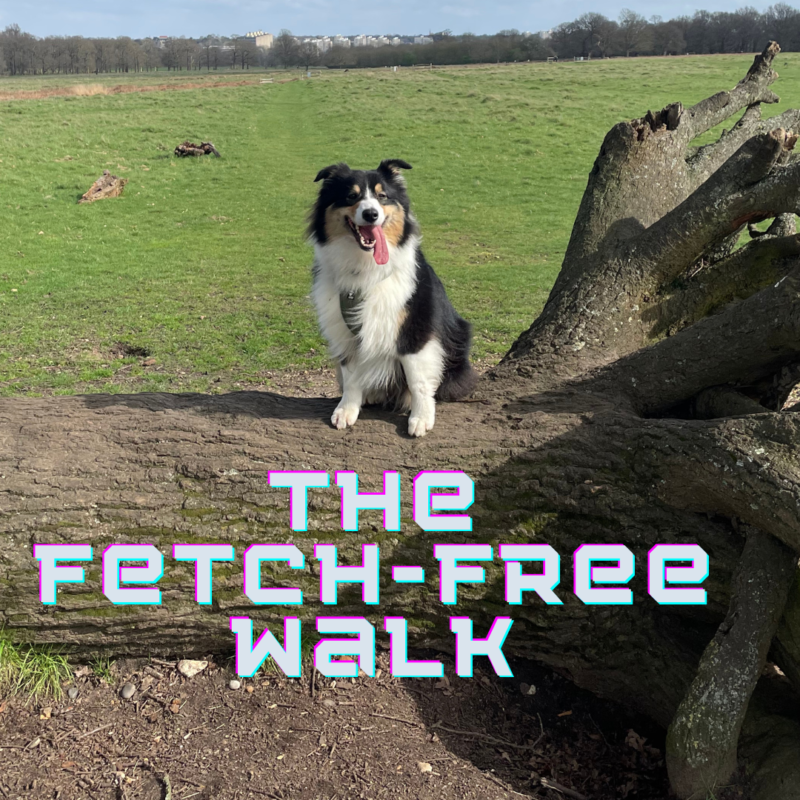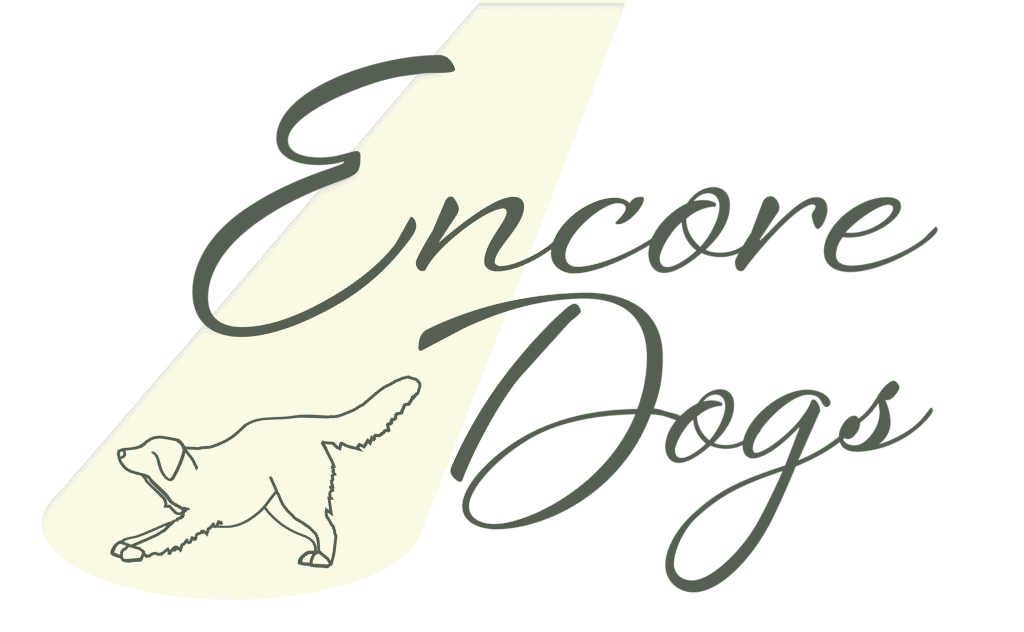Playing fetch might seem like the perfect activity for your dog on a walk. You may even rely on it to ensure you have a dog who is not pestering you for the rest of the day. And what dog doesn’t enjoy chasing after a ball or stick? However, what many dog parents may not realise is that this seemingly harmless game could potentially be physically and emotionally damaging for their beloved canine. Here’s a brief explanation of why, along with some alternative activities that can foster a stronger bond and provide a more enriching experience for both you and your dog.
- Physical Strain: While fetch can be a great form of exercise, especially for high-energy breeds, repetitive motion such as constant running and abrupt stopping to fetch a ball can put undue strain on your dog’s joints, leading to potential injuries like muscle strains or ligament tears. This is particularly concerning for dogs predisposed to joint issues or older dogs with arthritis. The ’worn out’ state that the dog gets to after excessive, repetitive fetch is not a healthy physical state. Many working dogs are bred to work all day in tough conditions, so it is in their blood to keep working, even past injury or fatigue. Even though our dogs look like they want to keep going, it is up to us to make the right decision and stop the game.
- Overstimulation: Dogs can become overly fixated on fetching, to the point where it becomes an obsessive behaviour. Constantly chasing after a ball can trigger heightened arousal, making it difficult for your dog to calm down afterward. This can lead to increased anxiety or frustration, especially if they’re unable to retrieve the object. I have worked with multiple dogs who become anxious when the ball is put away or will just run off into the distance if fetch is not consistently played throughout the walk. Additionally, dogs who are ‘ball obsessed’ can have a resource guarding issue that could worsen if not addressed.
- Lack of Mental Stimulation: While fetch provides physical activity, it doesn’t offer much in terms of mental stimulation. Dogs are intelligent creatures that benefit from engaging activities that challenge their minds. Fetch alone may not fulfil this need, potentially leading to boredom or behavioural issues. Some dog parents say the dog is still ‘amped up’ when they come home, even after over an hour of playing fetch. This is because their arousal levels have shot up during fetch, and they have had no way to decompress.
Instead of relying solely on fetch during your dog walks, consider incorporating the following activities to provide a more well-rounded experience for your canine companion:
- Sniffing Games: Dogs experience the world primarily through their sense of smell. Allow your dog to explore their environment by encouraging sniffing activities. Let them lead the way and follow their nose, allowing them to investigate interesting scents along the route. Hide their ball or toys in the bushes and encourage them to find it.
- Training Sessions: Use your walk as an opportunity to engage in training exercises with your dog. Teach them new tricks, practice loose lead walking and recall, or work on improving existing skills. Not only does this provide mental stimulation, but it also keeps them engaged with you instead of running off looking for their own entertainment.
- Parkour!: Use the environment around you as an opportunity to explore and have fun with your dog. Guide them over and under logs, on top of tree stumps, around trees, the world is your oyster! Get creative! Use a food lure to guide them and build their confidence. Just be sure to go slow at first to avoid accidental injury.
- Relaxation Time: Dedicate a portion of your walk to simply relaxing with your dog. Find a quiet spot to sit and enjoy each other’s company. Be sure to bring water for both of you!
By diversifying your dog walks with these alternative activities, you can provide your four-legged friend with a more enriching experience that promotes both physical and emotional well-being. Remember to always prioritise your dog’s comfort and safety and consult with a veterinarian or qualified trainer if you have any concerns about your dog’s exercise routine. For help in London/Surrey, get in touch via encoredogs.com.






